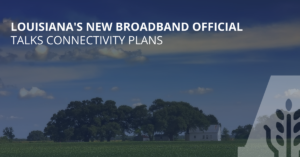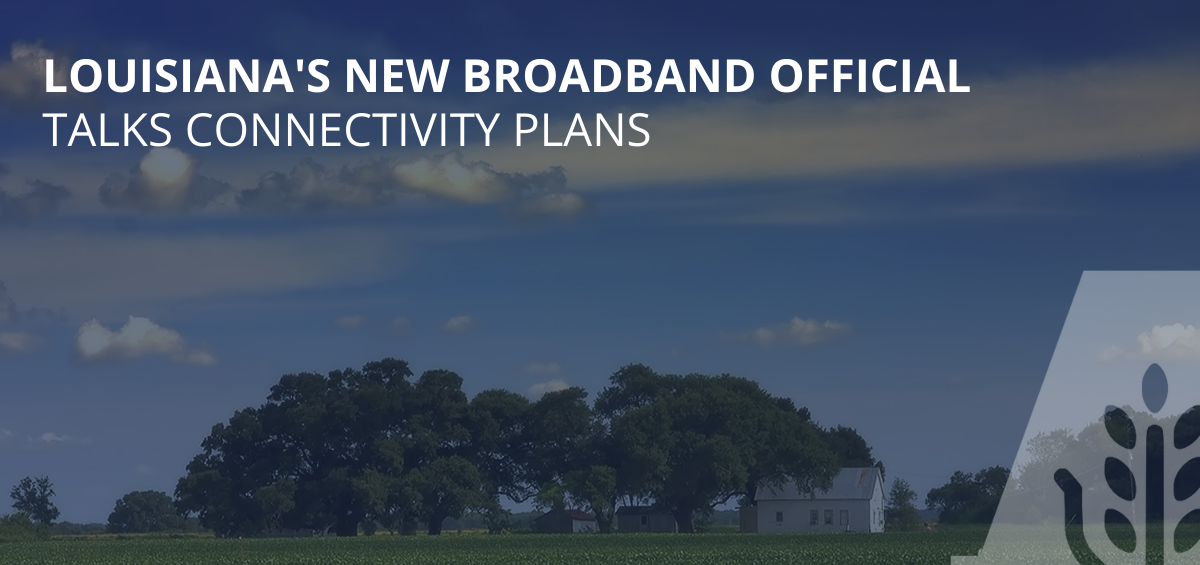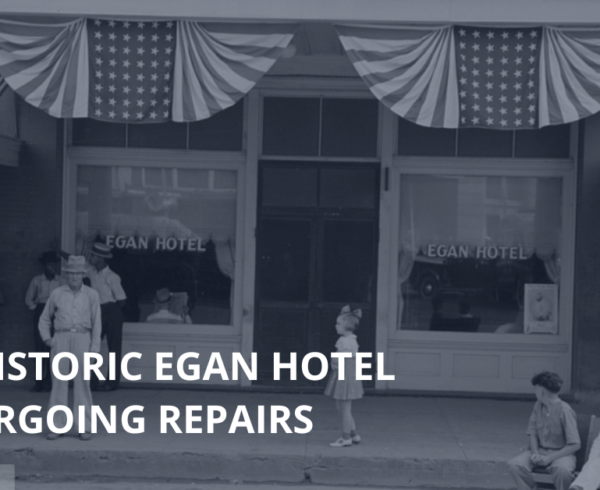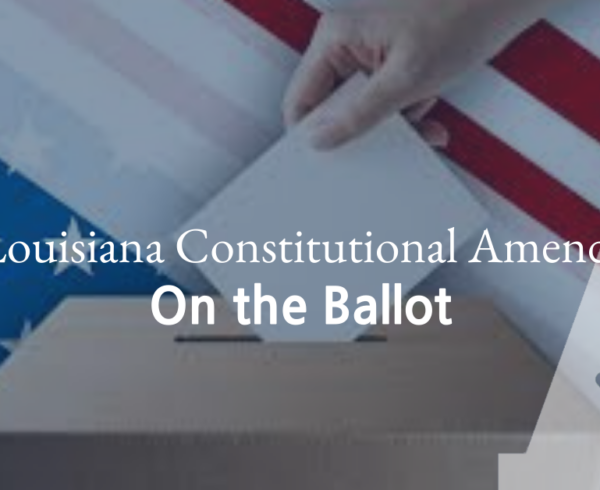The first week in a new job is always a big deal, and no one knows that better than Veneeth Iyengar, Executive Director for Louisiana’s Broadband Development and Connectivity. As the first in this position, it falls onto his shoulders to help coordinate the state’s efforts in addressing challenges in broadband accessibility and affordability. And those challenges revealed themselves from day one.
After a meeting with local and state elected officials across Acadiana on Tuesday, April 6, Iyengar discovered a range of connectivity issues. From highly connected Lafayette to a significantly weak Opelousas and Ville Platte, the differences in connectivity will bring significant challenges in ensuring broadband access.
“Broadband development and connectivity represents a vital component to boosting the economic competitiveness of the state and touches nearly every sector from agriculture to education to health care,” Iyengar stated. While in the area, he also met with local planners who are currently pressing ahead to test speed and projected cost of broadband for the region’s rural parishes. Among the primary areas of focus for Iyengar are using broadband to enhance schools and ensuring inclusion to rural people, in addition to making broadband easy to do business with. The weakness in rural service became stark during the pandemic when students without good connectivity struggled to keep up with the lessons.
As part of the meeting, Dr. Gary Wagner, Acadiana’s Business Economist Endowed Chair, said his preliminary research shows that broadband is important in moving forward as a State. Louisiana is barely in the middle third of states for broadband service, and will fall further behind unless things improve. “The survival of some rural communities might depend upon access to broadband. People talked about their personal stories and anecdotes with broadband access. We are behind the curve,” he stated. He also said that once emerging from the pandemic, many companies may allow or even encourage employees to work from home, which may not be possible without access to broadband. Benchmarks for speed haven’t been upgraded in years, and only a small number of people in the state meet the mark for access and speed.
Acadiana Planning Commission (APC) Development Planner II Chad LaComb said it will keep pushing to determine where the area’s needs are most pronounced. He said APC wants to get “as many people as possible to take the speed test” at BroadBandSurvey.org –to give an accurate reading of area needs. He also said on service, Lafayette Parish’s is strong in the metropolitan area but weaker in Duson, which extends into Acadia Parish. Acadia, Evangeline, St. Landry and Vermillion all reported either pockets of weakness or widespread challenges as simple as running a credit card at a business is difficult. LaComb said the region may complete its plan within a few months. He said in addition to the Biden administration’s infrastructure improvement package, which may see imminent movement in Congress, there are a half-dozen bills related to broadband in the Legislature, which opens next week, and a possible constitutional amendment.
LUS Fiber announced in February it had secured a $3.1 million federal grant to extend broadband infrastructure to underserved areas in St. Martin and Iberia parish and the city of Scott. The Economic Development Agency grant through the U.S. Department of Commerce will help LUS fiber establish broadband connections to businesses along the U.S. 90 corridor in those areas to help them transition to the current economy during the COVID pandemic. Work on the project is expected to begin later this spring and take 18 to 24 months to complete.
Modified from The Advocate article by Ken Stickney on April 6, 2021.













